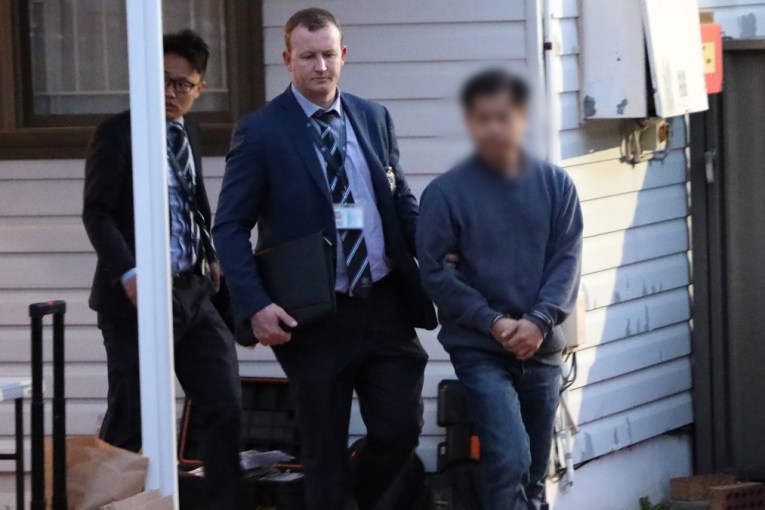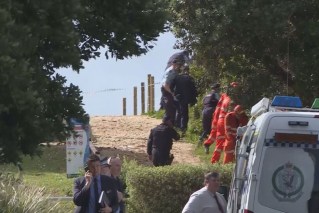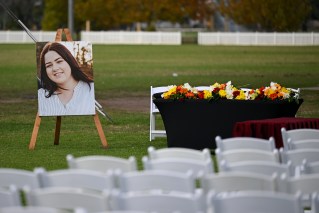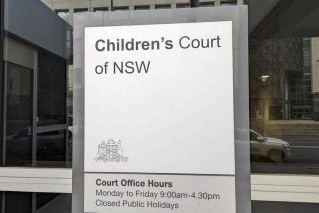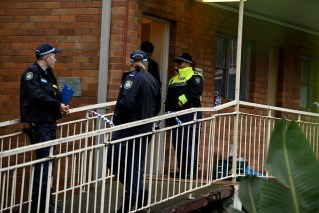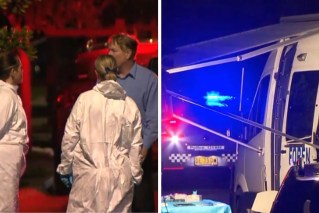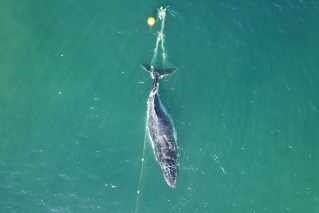Police ‘not to blame’ for Lindt Cafe deaths, but do not escape criticism

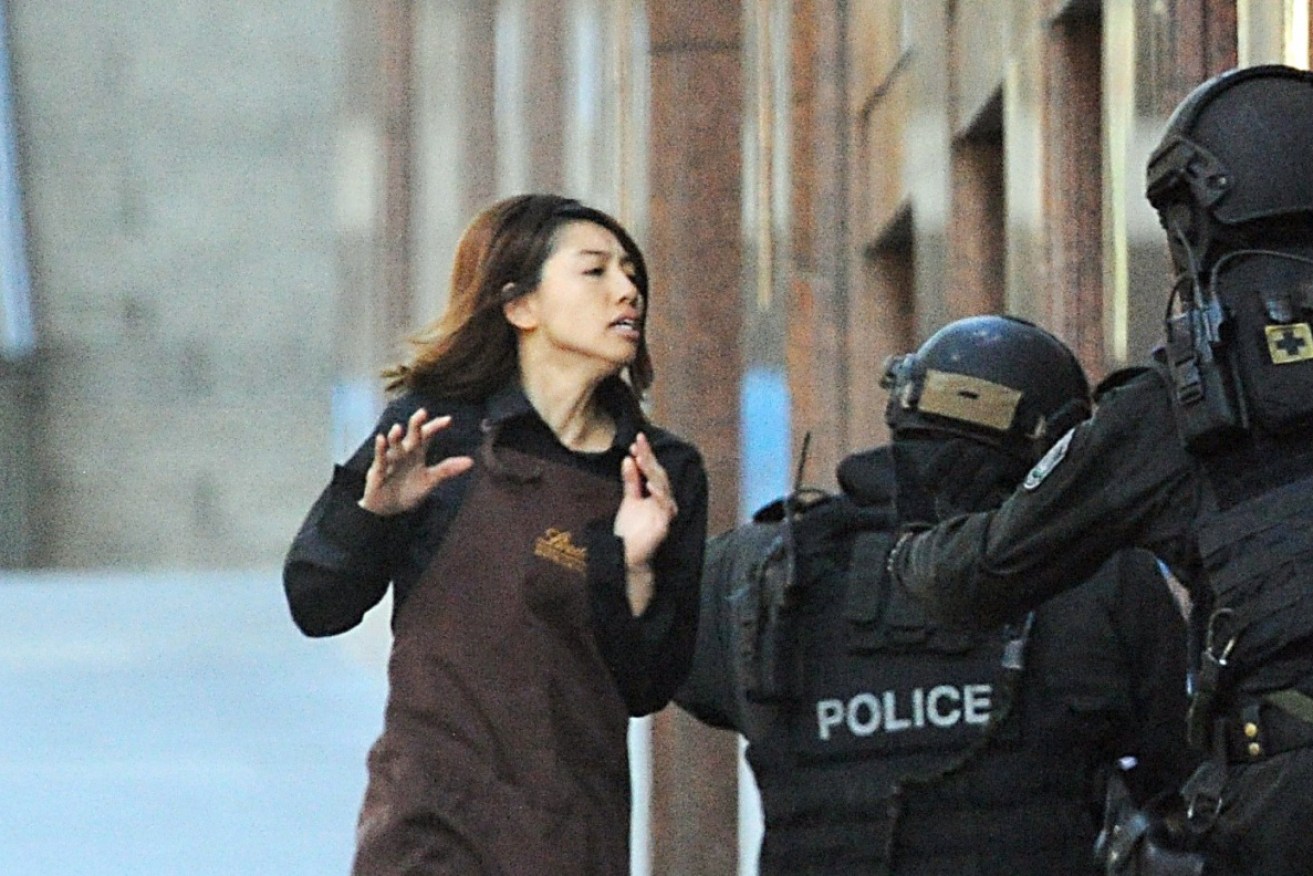
A hostage runs to safety during the Sydney Lindt Cafe siege in 2014. Photo: AAP
NSW coroner Michael Barnes has pinned the blame for the death of two innocent people during the 2014 Lindt Cafe siege solely on gunman Man Haron Monis, but criticised the time it took police to storm the cafe after the first shot was fired.
Mr Barnes today handed down his findings from a 23-week inquest into the deadly December 16, 2014 hostage situation in Sydney that lasted more than 16 hours.
Two hostages, Tori Johnson and Katrina Dawson, were killed at the end of the siege. Gunman Man Haron Monis also died.
Mr Barnes said Monis “maliciously” executed Mr Johnson, while Ms Dawson was killed by fragments from police bullets, in what Mr Barnes said was “a terrible accident”.
Monis fired his weapon at 2:03am.
“The 10 minutes that lapsed without decisive action by police was too long,” Mr Barnes said.
“Tori Johnson was executed in the meantime before the decision to enter the cafe was made.”
Mr Barnes, however, made it clear Monis — not the NSW Police — was solely to blame for the deaths and injuries sustained in the siege.

Katrina Dawson’s parents, Sandy Dawson and Jane Dawson, arrive at John Maddison Tower for the inquest findings.
Mr Barnes said the responsibility for the deaths rested with Monis, who “initiated an extremely dangerous situation”.
“I cannot stress too heavily that the deaths and injuries that occurred as a result of the siege were not the fault of the police,” Mr Barnes said.
“All of the blame for those rest Man Haron Monis.”
“Every conceivable police response to the situation involved risk to the lives of the officers and the hostages,” Mr Barnes said.
“In every aspect, even if every aspect of the response adopted had been executed to the highest possible standard, there is no certainty the outcome would have been any better — that more of the hostages would have left the cafe alive.”
The coroner said it was unclear whether Man Monis was motivated by Islamic State or whether he used it “to bolster his own ends” but his crimes were “clearly a terrorist act”.
The coroner praised the bravery of frontline police officers who smashed their way into the cafe knowing Monis was armed with a gun he would almost certainly use against them.
They also thought – wrongly as it turned out – that he was carrying a bomb that would kill everyone in the cafe unless they could kill him before he detonated it.
However, he was critical of communication issues, revealing late calls by hostages to a negotiator were not answered and a number were diverted to other telephones within the police force.
“This was a significant failure in a basic component of siege management.”
He was also critical that Man Monis had been granted bail despite being charged with being an accessory to his ex-wife’s murder.
Mr Barnes said the NSW Office of the Director of Public Prosecutions could have done more.
“I conclude that the oral submissions of the ODPP solicitor who appeared for the prosecution to oppose Monis’ application for bail in connection with the murder charges were inadequate,” Mr Barnes said.
He recommended a mechanism be developed to make sure all information on criminal history is accessible to police and prosecutors across all jurisdictions.
